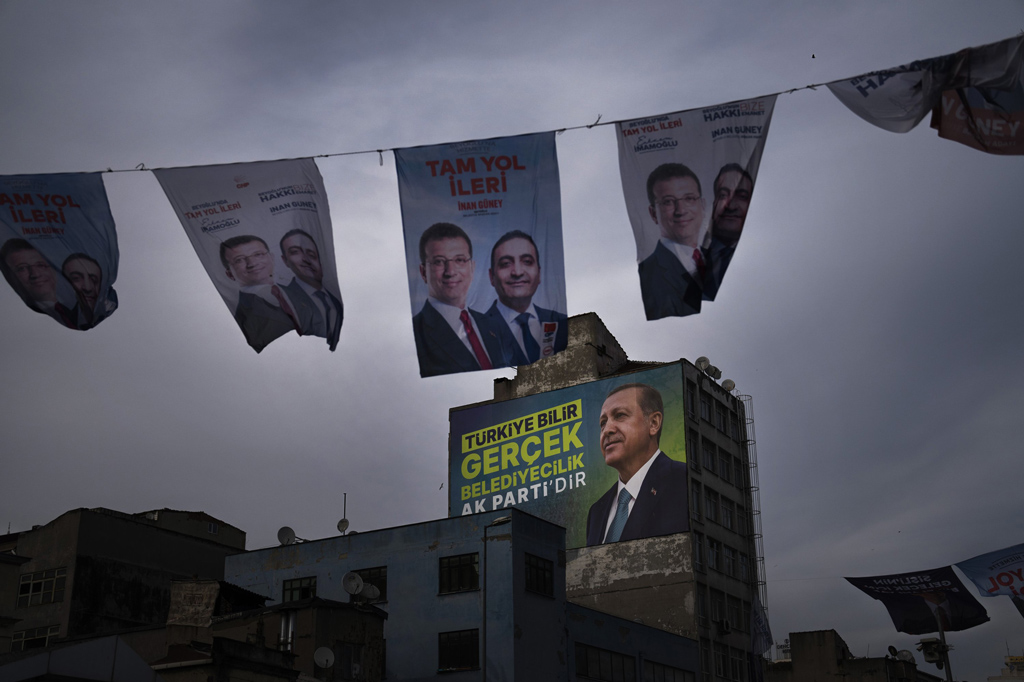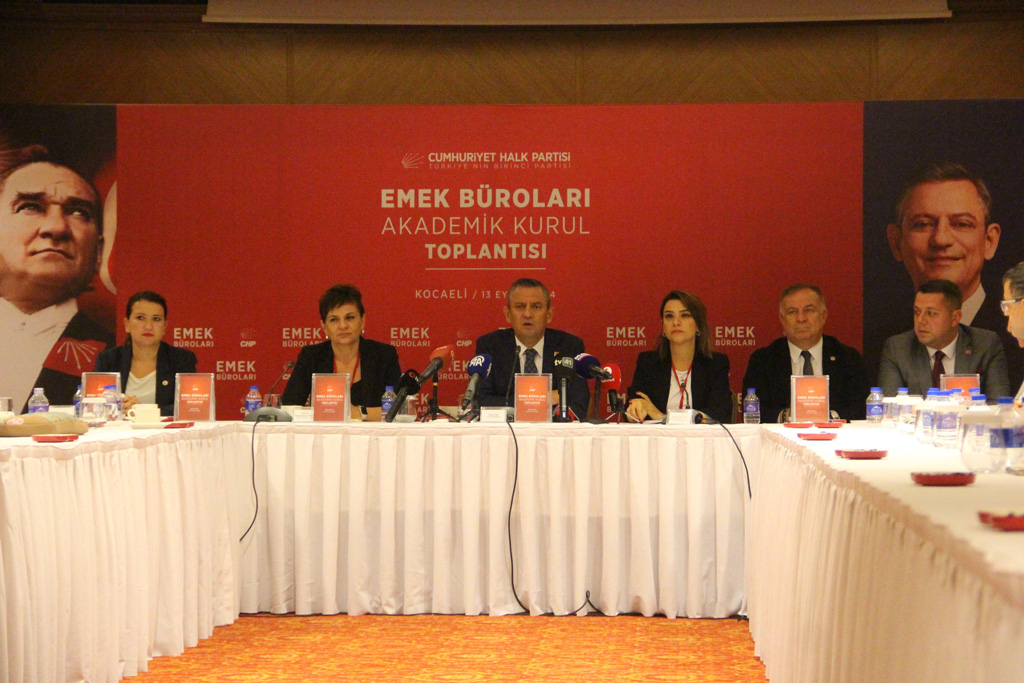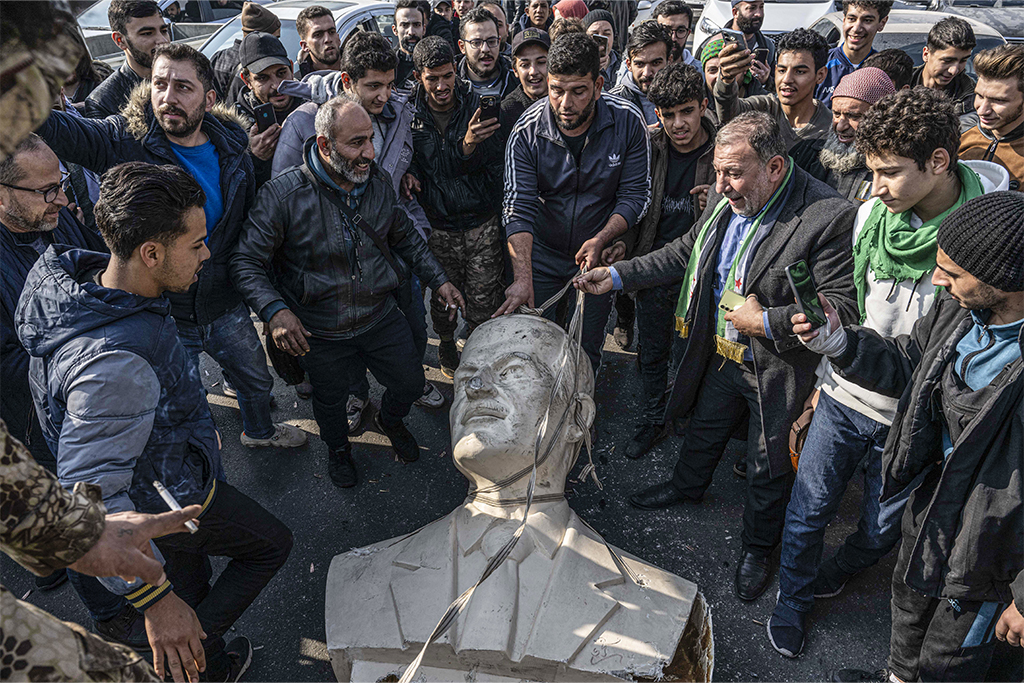
Key to Turkish election triumph in metropolitans: Ballot box effect
Ahead of this weekend’s municipal elections, the People’s Alliance, and the Republican People’s Party (CHP) alike, make the case that there are actually two candidates in each district. The argument that voters should opt for their second favorite if their own party cannot win so that their least favorite candidate does not end up in office is intended to create a “second round” effect.
Share
Ahead of this weekend’s municipal elections, the People’s Alliance, and the Republican People’s Party (CHP) alike, make the case that there are actually two candidates in each district. The argument that voters should opt for their second favorite if their own party cannot win so that their least favorite candidate does not end up in office is intended to create a “second round” effect.
Obviously, however, there will be no second round in the March 31 election. The candidate with the highest number of votes will win. Yet, the Justice and Development Party (AK Party) and CHP, which lead the mayoral races in metropolitan areas like Istanbul and Ankara, do not have enough votes to get their respective candidates across the finish line. Hence their efforts to get disenchanted citizens to vote and to win over supporters of similar parties by asking voters to focus on just two candidates and vote accordingly. In other words, they ask people, who actually support one of the fringe parties, whom they would support other than their own party.
As part of that effort, the relevant political parties not only engage with voters in person but also highlight bigger issues like the economy, foreign policy and national security on the campaign trail. The point is to create a groundswell by winning over undecided voters and the supporters of like-minded movements.
That is a two-pronged process. One must try to win over like-minded voters and also stop one’s opponent from doing the same. As the People’s Alliance turns to the New Welfare (YRP) and other right-wing parties, CHP seeks to persuade the respective bases of the Good Party (IP) and the pro-PKK Green Left Party (YSP), informally known as the Peoples' Equality and Democracy Party (DEM Party). At the same time, the People’s Alliance wants the IP and YSP bases to support its own candidates – just as CHP would like YRP supporters to back Republican candidates.
In short, we are faced with multiple fluctuations that prevent the emergence of a head-to-head ideological division.
Tags »
Related Articles








